Highly Sensitive People
- Have you ever been told that you are too sensitive?
- Do you ever try to hide your emotions so you won’t be embarrassed or so otherswon’t feel uncomfortable?
- Can you sense the mood of the room?
- Do you have a strong intuitive sense about people?
One in five people (and other animals) are highly sensitive to their environment. This simply means that there is more processing going on in the brain in response to the sensory information coming in such as light, sound, touch, taste, smell, and emotions. This is a physiological trait called sensory processing sensitivity (SPS). This is not a disorder. There is nothing wrong with being a highly sensitive person (HSP), quite the opposite. Many HSPs see it as a superpower!
It can be challenging in relationships when people have different levels of sensitivity and may not understand why their partner doesn’t see and feel things the same way that they do. Whether you are highly sensitive, or your partner is highly sensitive, you both may benefit from learning about sensory processing sensitivity and how it affects your communication, love languages, decision making, and even your intimacy.
ABOUT ME
As a coach, I help people to understand what it means to be highly sensitive and teach them skills that will help them to accept themselves, improve their self-care, and improve their relationships. I also provide workshops and courses to educate people in helping professions, such as therapists, teachers, and social workers, so that they can identify and provide support for HSPs.
